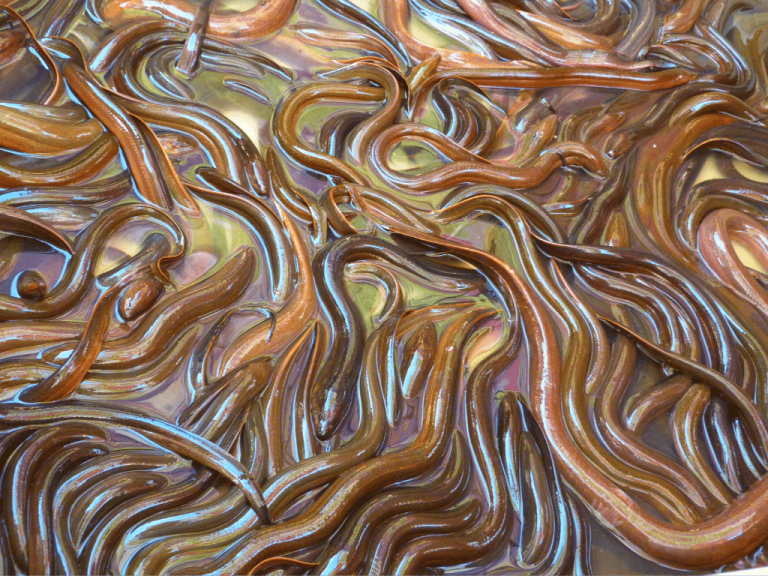When you try to catch fish by hand, you always feel that their bodies are very slippery and difficult to grasp. Usually, people think that since fish live in water, their bodies are naturally wet and slippery, which is not surprising. In fact, the reason why fish bodies are slippery is because they have mucous glands on the outermost layer of their skin, which constantly secretes a viscous fluid, making their entire bodies slippery. Therefore, when you try to catch fish by hand, you feel that they are very slippery and difficult to hold onto.
The mucous secreted by the mucous glands on the skin surface of fish bodies plays a significant protective role. It reduces the pressure of the surrounding water, making it easier for fish to swim. Even if they accidentally bump into hard rocks, it reduces friction and prevents their bodies from being injured. The scales on the fish’s body grow beneath this layer of skin, providing protection against the scales from easily falling off. Moreover, if caught by aquatic predators, their slippery bodies allow them to escape.
Everyone knows that eels and loaches are the most difficult fish to catch by hand; even when gripped firmly, they slip away bit by bit.
At first glance, it seems that eels and loaches have no scales on their bodies. In reality, they also have densely packed scales, which grow beneath the skin capable of secreting mucous. However, their scales are particularly small, and without the use of a microscope, they are difficult to identify. Because their scales are so small, the amount of mucous secreted is particularly high, which is necessary for better protecting their bodies from external harm. Due to this reason, their bodies appear exceptionally slippery.

